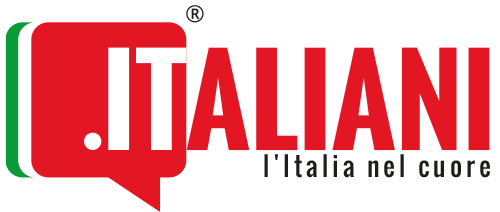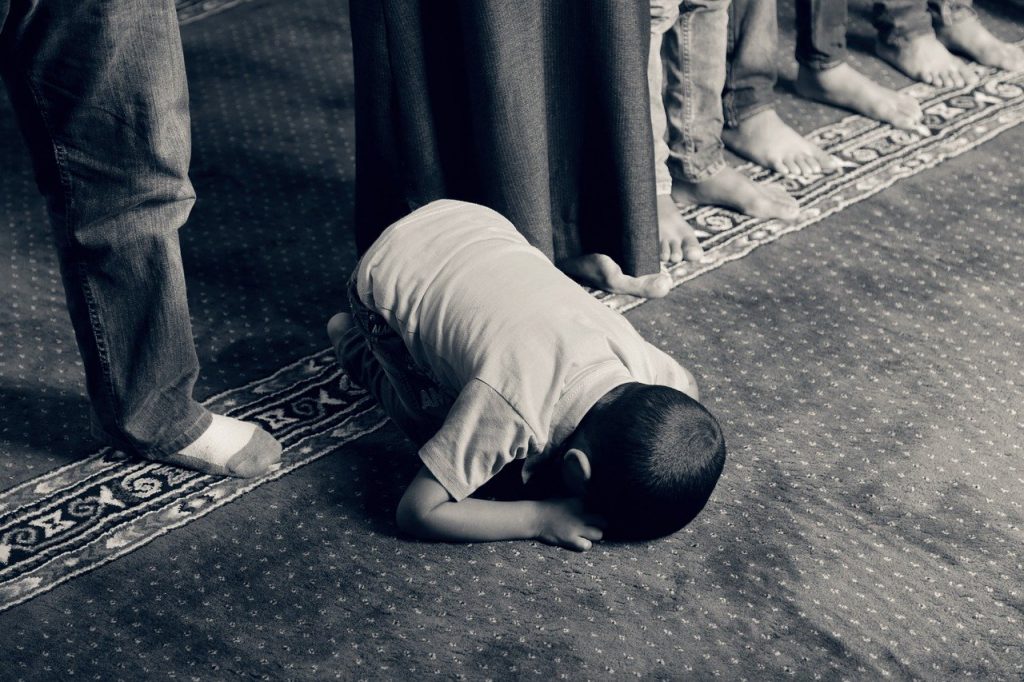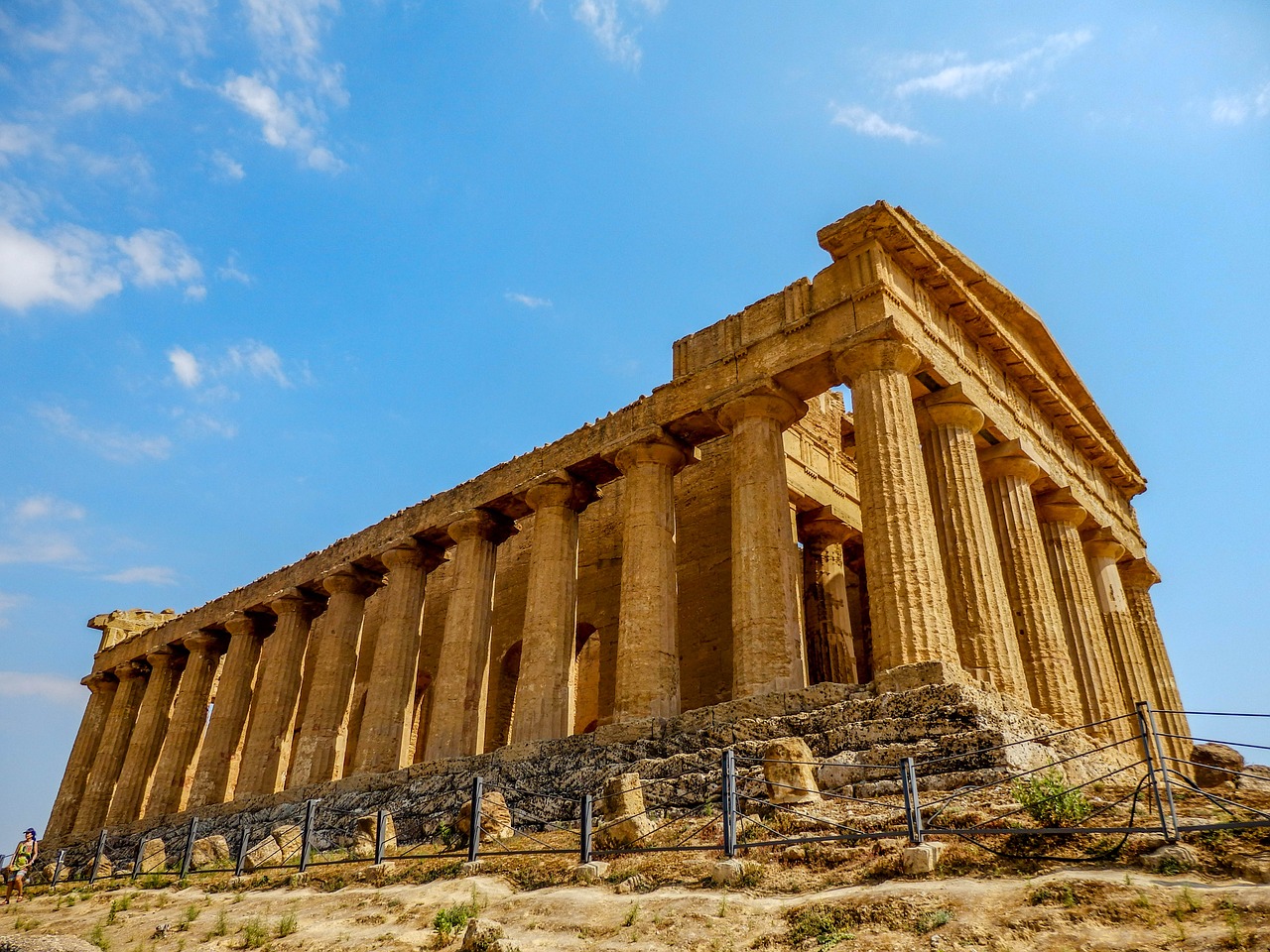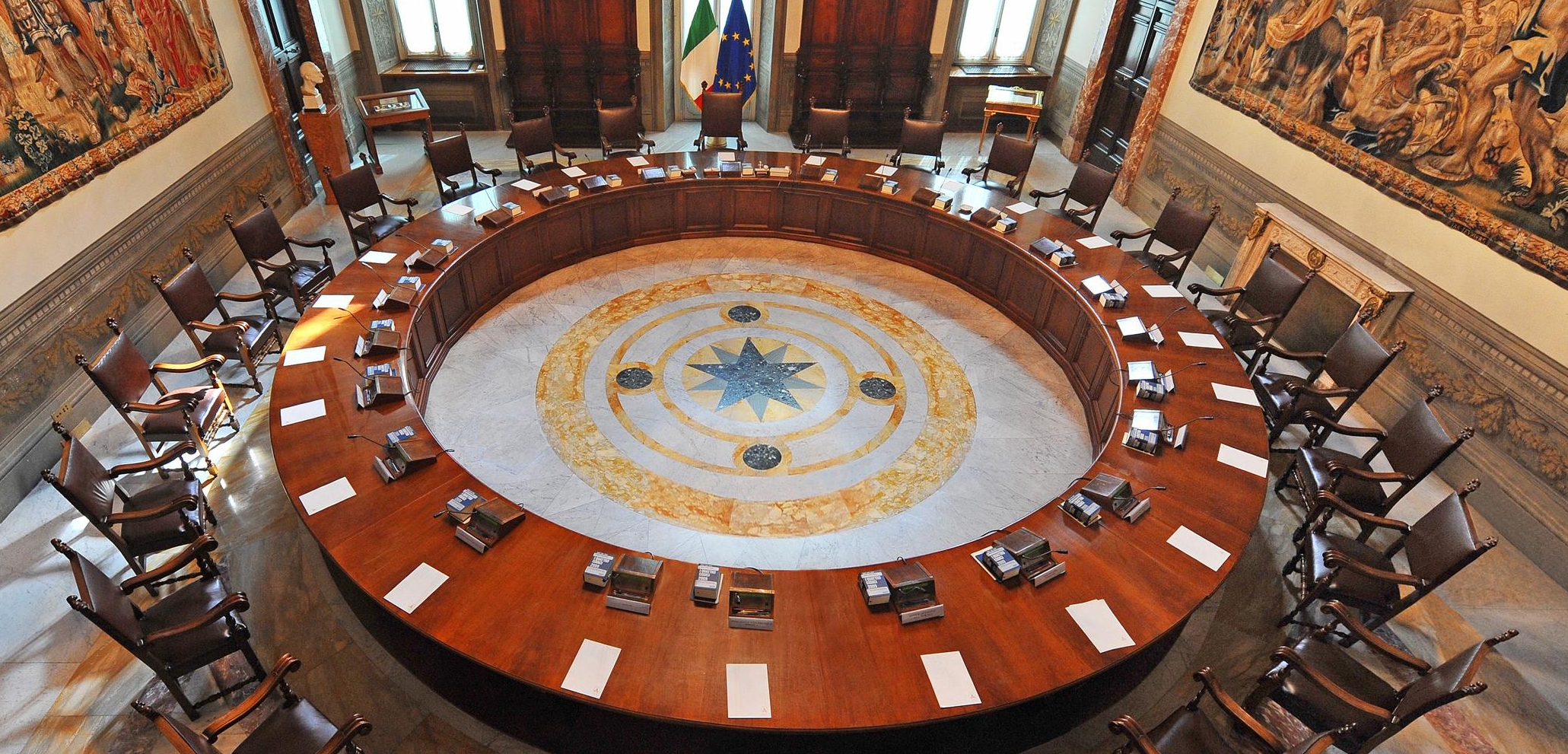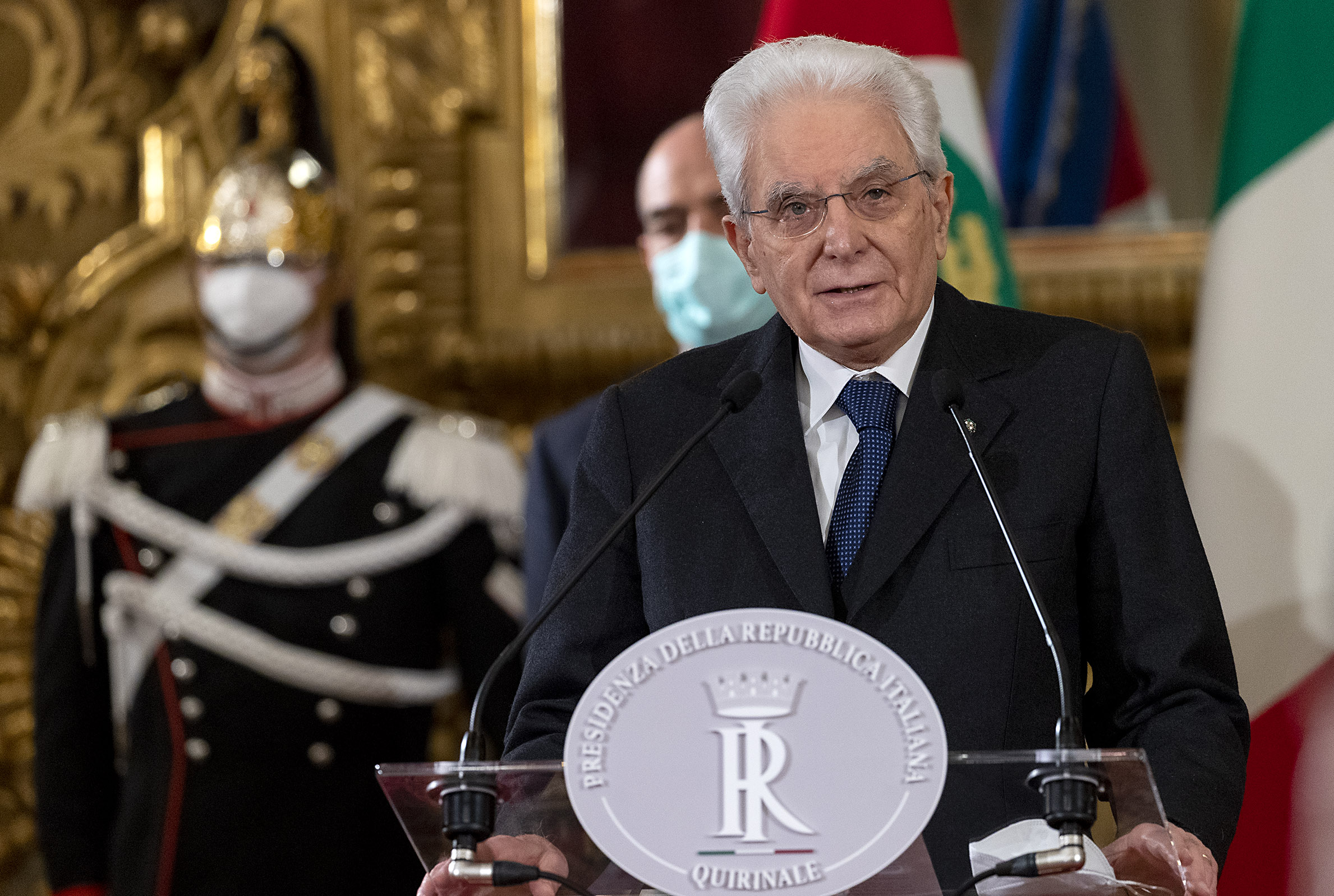There are over a million and half Muslim citizens in Italy. For them, for the first time in 1400 years, the global restrictions imposed by the Coronavirus pandemic add up to the already severe restrictions of Ramadan. The month commemorating the first revelation of the Qur’an to the Prophet began yesterday evening and today is officially the first day of fasting.
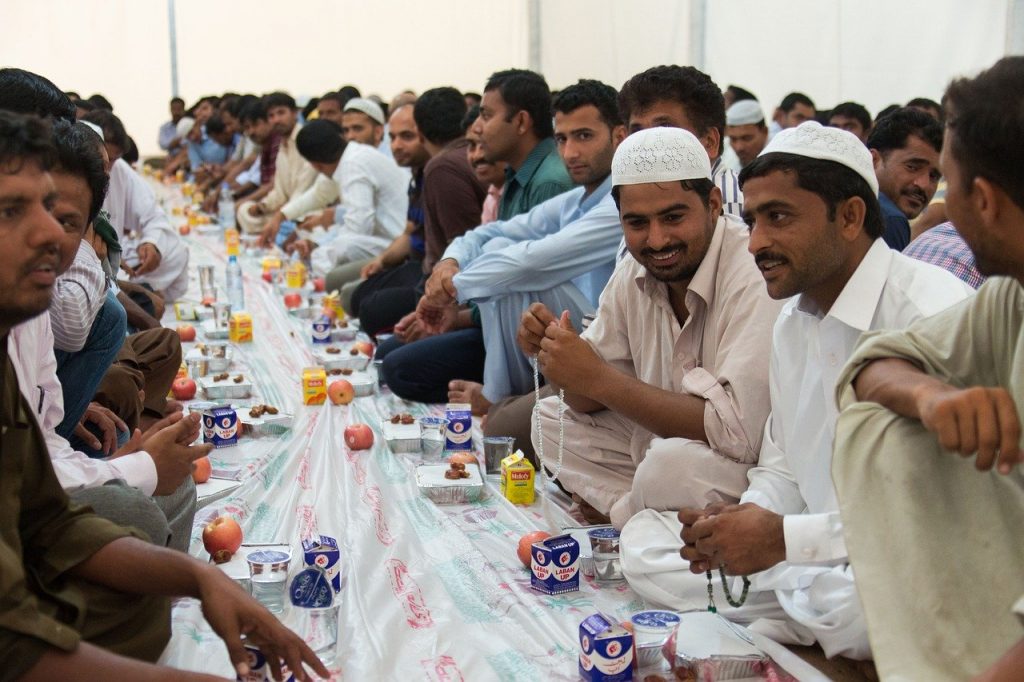
They call it exceptional Ramadan. It has something new compared to those that have marked the history of the increasingly growing Muslim community in our national territory. In Italy, in fact, there are about 2.6 million faithful observers, 40% of Moroccan origin, about 10% Italian, citizens by adoption, new converts or second generation. For them the month to come will be really hard due to the closure of the mosques, the absolute protagonists of religious celebrations. The Al Wahid mosque in Milan, one of the most renowned and most active in our country, since February 28th no longer welcomes its faithful. Staying at home is a duty to be respected with extreme rigor.
Mosques will be replaced by home walls. The home moments will be marked by a conviviality in which the virtual will reign supreme. Nothing to do with the sharing and solidarity that characterized this religious rite before the pandemic. The Muslim community will lack a lot of collective moments of prayer, Qur’an readings, shared meals. In fact, the way of praying changes. Thanks to the web it will be possible to shorten distances and feel more united even in this period of limitations. The Friday prayer sermon will be streamed on Facebook in order to reach all the faithful in their homes. And also lessons and moments of collective reflection will be disseminated on social media.
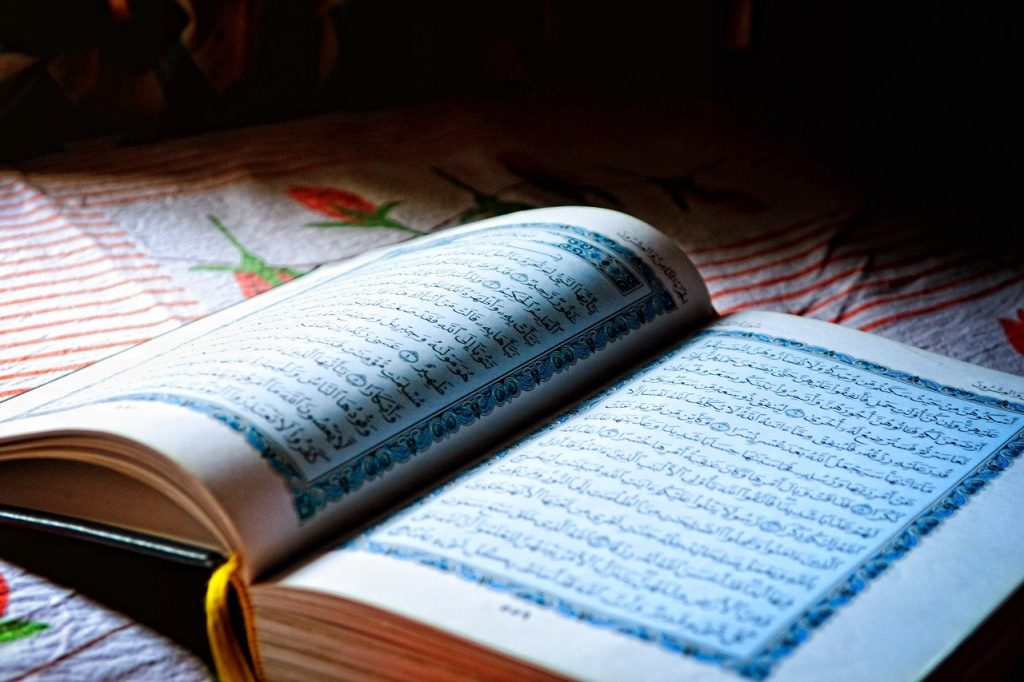
At the end of Ramadan, the collective iftar, the great meal that marks the end of the fast, will be missing. The Muslim faithful will renounce the moments that have welcomed lonely and economically disadvantaged people for years. One of the five fundamental pillars of Islamic culture, Zakat, will fail this year. The term means “charitable spirit” that is in each of us. At the time of the Coronavirus, however, altruism could be expressed through food collections.
In the month of daily renunciation of water and food, the perception of what hunger really is will intensify. Fasting during Covid-19 however has contraindications. The alarm was issued by the World Health Organization which has drawn up strict guidelines to be respected. They are added to those already recommended by the Qur’an which prohibits fasting for elderly, pregnant or breastfeeding women.
